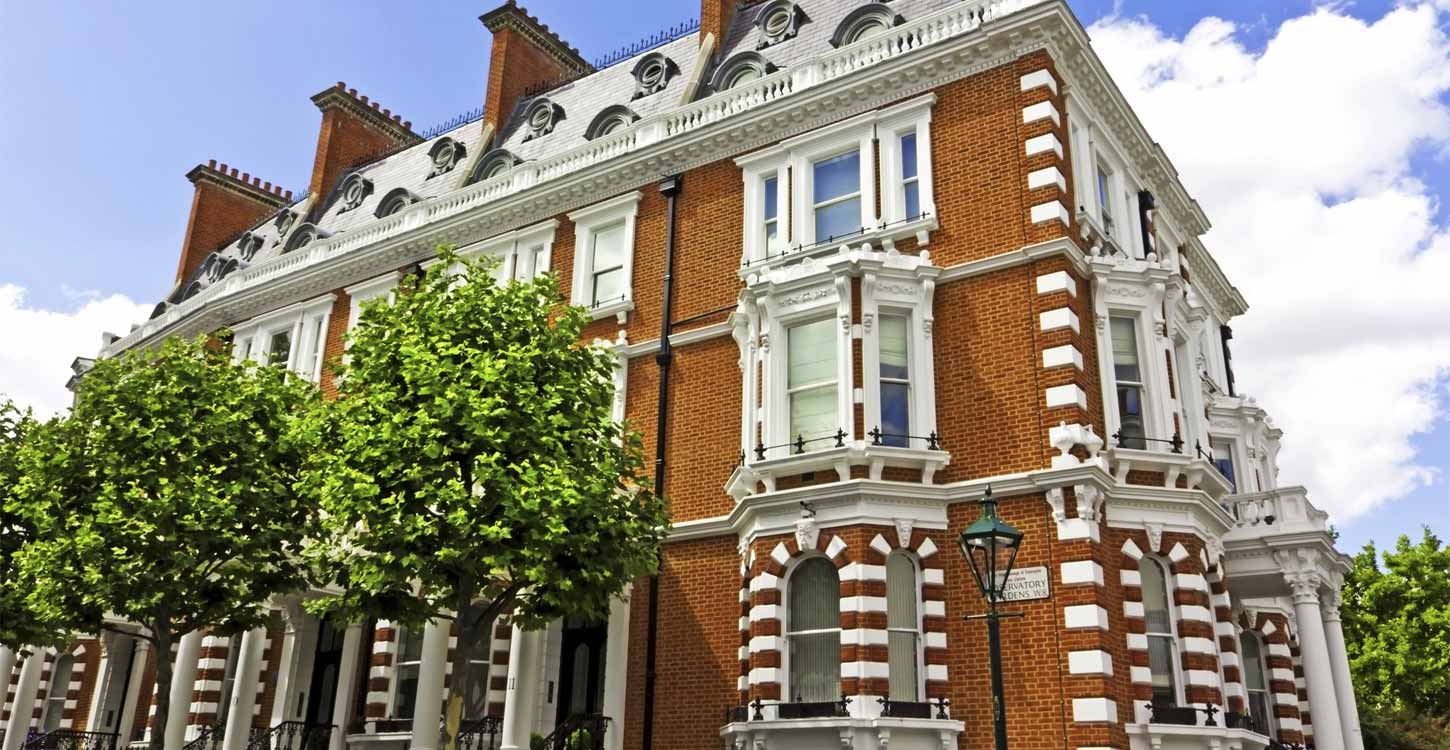Property usually represents a large part of a person’s total wealth and indeed many would agree that their biggest asset is their primary residence. But as well as being somewhere to live, property can also generate very attractive returns. Just as importantly, property is an asset class which may be uncorrelated to the others in your portfolio – meaning that all your investments are less likely to all fall in value at the same time. Property could therefore play an important part in the proper diversification of your portfolio and for this and many other reasons it is a perennially popular alternative asset class for affluent investors.
Why is property so popular?
Property investment has an inherent appeal because it is a tangible asset that is very easy for people to understand. It also has a rarity value which means that prime real estate in cosmopolitan cities like London is increasingly used as a “safe haven” investment by foreign investors. The fact that property can easily outstrip equities for growth – given the right conditions – is a further big attraction.
Meanwhile, the pension reforms coming into force in April 2015 are likely to fuel even further the buy-to-let property boom in the UK (by mid-2014, UK investors already held a massive £1.25 trillion in residential property). Where once savers had to purchase an annuity with the majority of their pension pot when it became available, they will now be able to withdraw their cash to use as they see fit. With rental incomes looking attractive, and the potential to bequeath properties to family members eventually while also enjoying tax advantages, growing numbers of people are considering become landlords in retirement. There are also a range of tax efficiencies which commercial rather than residential property could open up to you in the context of pension planning. Business owners and partners in organisations like law firms are able to purchase their premises using pension savings and so save on rent while also enjoying significant capital appreciation in all likelihood.
Property exposure
As a further attraction, investors can get exposure to property via several routes. The first is clearly direct investment. As well as getting advice on the wisdom of the investment itself in light of your circumstances, you may also be able to access a mortgage or bridging loan from a private bank or wealth manager so that you can invest in a property (perhaps with your business or investment portfolios used as security). Alternatively, many people prefer to invest in collective property investment vehicles such as Real Estate Investment Trusts as this will represent a diversified portfolio of properties typically.
It is easy to see why property is an asset class which many people hold dear. However, property also has a number of characteristics which savvy investors should always bear in mind.
The first most obvious consideration is that property can be a highly illiquid investment. Houses may change hands very quickly when markets are hot, but when they cool you could find yourself stuck with an asset which is hard to sell except at a deep discount. Whether you are looking for capital appreciation or rental income predominantly, it is vital that you avoid becoming a forced seller and this means never over-stretching yourself on property investments. Your wealth manager will help you work out what the right level of property exposure is for you in light of your profile and the macroeconomic and property forecasts looking ahead. They will be able to weigh up the risks of a sudden interest rate hike and ensure you don’t take on too much, for example.
You should also consider consulting a property search expert. It can be very difficult to have sufficiently intimate knowledge of all the individual property markets you might be considering, and as we all know they can highly volatile and unpredictable. This is even more important to remember if you are looking at an unfamiliar region or country. As they say, it’s all about “location, location, location” and scouting in the right one for your investment objectives should be your first aim.
![]()
While property can play a very useful role in diversifying your investments, smoothing returns and upping tax-efficiency, there are of course several complications which come along with investing in bricks and mortar. Since most people’s main asset is their primary residence, and many also inherit properties along the way too, affluent individuals can easily become over-exposed to property. You need to know the full implications of all prospective property investment decisions. Any decision you make is likely to have a significant impact on your portfolio’s overall risk/return prospects, and therefore the likelihood of achieving your financial goals.
Summary
So where does property fit in your investment portfolio? Property is one of those asset classes which “sells itself” as a concept to investors. The problem is that while sometimes properties also sell themselves, all often they don’t. Experiencing long void periods when you are trying to sell a rental property is just one of the possible perils of property investing; being unable to sell a property until it has recovered in price after a market correction is another. People have short memories and successive booms have tended to make them think that property only goes in one direction. That is certainly not the case – at least not over the shorter term – and you should always think very carefully before taking the plunge on property.




